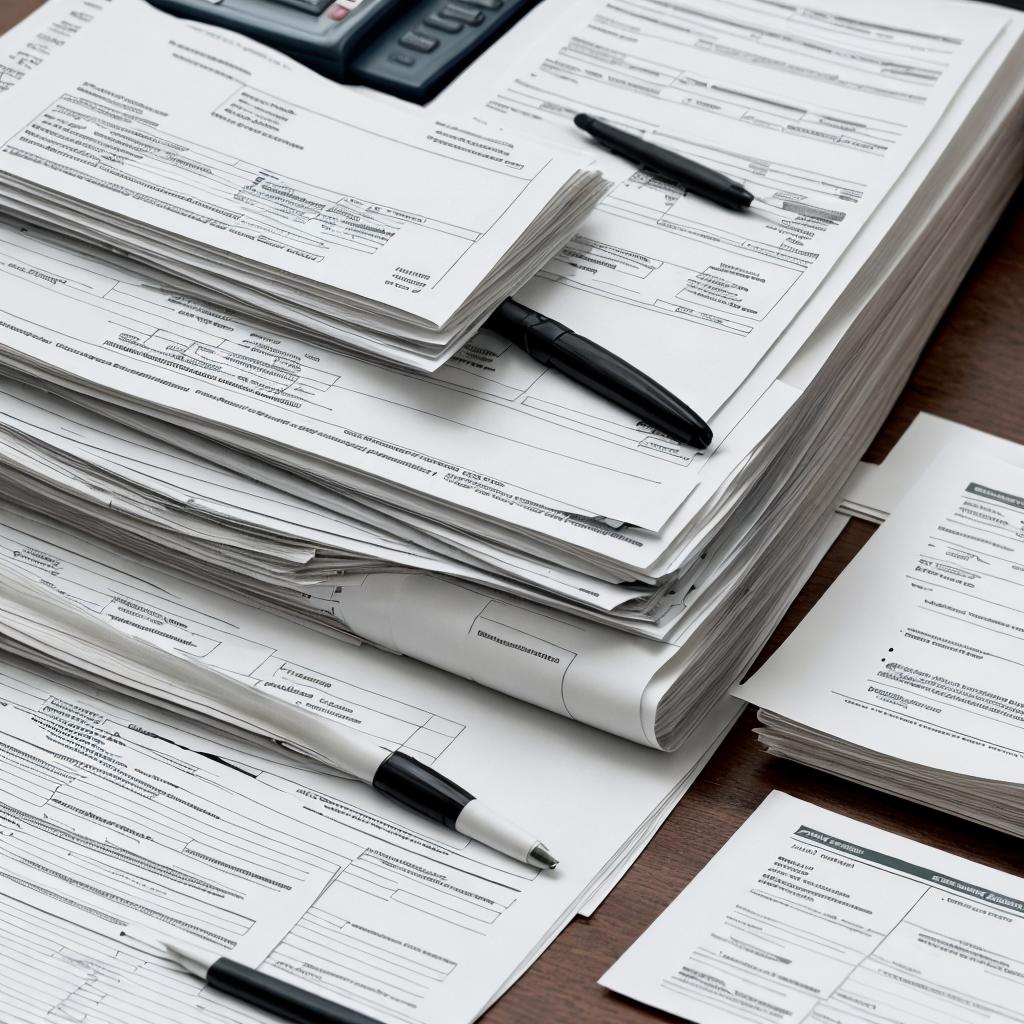Essential Documents for Medicaid Application Process

Looking to apply for Medicaid? You’ll need some essential documents to get the process started smoothly. Don’t worry, we’ve got you covered.
In this article, we’ll guide you through the necessary paperwork needed for your Medicaid application. From proof of identity and income to residency and social security number verification, we’ll help you gather all the required documents.
So, let’s dive in and ensure your Medicaid application is a success!
Key Takeaways
- Valid government-issued identification card is required, such as driver’s licenses, passports, or state identification cards.
- Documentation of income is necessary, such as pay stubs, tax returns, or benefit award letters.
- Residency must be established with accepted documents like utility bills, lease agreements, or driver’s licenses.
- Verification of Social Security Number is crucial, which can be done through a Social Security card, SSA statement, or IRS tax documents.
Proof of Identity
To apply for Medicaid, you’ll need to provide proof of your identity through the use of a valid government-issued identification card. This is an essential step in the Medicaid application process to ensure that the program is providing benefits to those who are eligible. Your identification card should be current and unexpired. Accepted forms of government-issued identification include driver’s licenses, passports, and state identification cards. It’s important to note that Medicaid doesn’t accept expired identification cards.
When submitting your application, you’ll be required to make a copy of your identification card and include it with your application. This copy should be clear and legible. It’s recommended to make a color copy or scan the card, as it provides better image quality.
If you don’t have a valid government-issued identification card, don’t worry. You can still apply for Medicaid by providing other forms of identification, such as a birth certificate or social security card. However, it’s important to check with your state’s Medicaid office to determine what alternative forms of identification are accepted.
Proof of Income
You will need to provide documentation of your income when applying for Medicaid. This is to determine your eligibility for the program and the level of benefits you may receive.
Here are three types of documents you may need to submit as proof of income:
- Pay stubs: You’ll need to provide recent pay stubs from your employer, showing your gross income before any deductions. This will give Medicaid officials an accurate picture of your current income.
- Tax returns: If you’re self-employed or have income from sources other than employment, you may need to submit your tax returns for the past year. This will help verify your income and ensure that you’re reporting it accurately.
- Benefit award letters: If you receive any form of government assistance, such as Social Security benefits or unemployment benefits, you’ll need to provide the award letters stating the amount of income you receive. This will give Medicaid officials a comprehensive view of all your income sources.
Proof of Residency
Provide the required proof of residency to complete your Medicaid application. Proof of residency is necessary to establish that you live in the state where you are applying for Medicaid. This helps determine your eligibility for the program. Medicaid requires specific documents as proof of residency, such as a utility bill, lease agreement, or a driver’s license. Here is a table that outlines the acceptable proof of residency documents for Medicaid application:
| Acceptable Documents | Ineligible Documents |
|---|---|
| Utility bill | Cell phone bill |
| Lease agreement | Credit card statement |
| Driver’s license | Tax return |
It is important to ensure that the documents you provide are recent and clearly show your name and address. Medicaid may also accept alternative documents, so it is advisable to check with your local Medicaid office for specific requirements. Remember, providing accurate and valid proof of residency is crucial to complete your Medicaid application successfully.
Social Security Number Verification
To complete your Medicaid application, you’ll need to verify your Social Security Number. This is an important step in the application process, as it ensures that your identity and eligibility for Medicaid benefits are accurately determined.
Here are three items that you can use to verify your Social Security Number:
- Social Security card: The most common and easiest way to verify your Social Security Number is by providing a copy of your Social Security card. Make sure the card is legible and shows your full Social Security Number.
- Social Security Administration (SSA) statement: If you don’t have a physical copy of your Social Security card, you can request a statement from the SSA. This statement will include your Social Security Number and can be used as proof during the Medicaid application process.
- IRS tax documents: Another option is to provide IRS tax documents that show your Social Security Number. These can include your W-2 forms, 1099 forms, or tax return transcripts. Be sure to include the relevant tax year and make sure the documents clearly display your Social Security Number.
Supporting Medical Documentation
One crucial step in the Medicaid application process is submitting the necessary supporting medical documentation. This documentation is essential to provide proof of your medical condition and ensure that you meet the eligibility criteria for Medicaid.
The supporting medical documentation typically includes medical records, doctor’s notes, test results, and any other relevant medical documents. It’s important to gather all the necessary documents before submitting your Medicaid application to avoid any delays or complications.
Make sure to include documents that clearly outline your diagnosis, treatment history, and any ongoing medical needs. If you have been hospitalized or have undergone surgeries or procedures, include the discharge summaries and operative reports. Additionally, if you’re currently taking any medications, include a list of your medications and dosage information.
Providing accurate and comprehensive supporting medical documentation will help the Medicaid agency assess your eligibility and determine the level of care and services you may require. Therefore, it’s crucial to gather and submit all the necessary medical documents to ensure a smooth and successful Medicaid application process.
Frequently Asked Questions
What Is the Deadline for Submitting the Medicaid Application?
You should submit the Medicaid application by the deadline.
Can I Apply for Medicaid if I Am Already Receiving Other Government Benefits?
Yes, you can apply for Medicaid even if you are already receiving other government benefits. It is important to provide all necessary documentation and meet the eligibility requirements for both programs.
Are There Any Specific Requirements for Proof of Income for Self-Employed Individuals?
To prove income as a self-employed individual, you may need to provide tax returns, profit and loss statements, or bank statements. Make sure to have these documents ready when applying for Medicaid.
Will Owning a Home or Having Significant Assets Affect My Eligibility for Medicaid?
Owning a home or having significant assets may affect your eligibility for Medicaid. These factors are considered when determining your financial eligibility for the program. It is important to provide accurate information about your assets during the application process.
How Long Does the Medicaid Application Process Typically Take?
The Medicaid application process typically takes several weeks. You’ll need to gather essential documents like proof of income, identification, and medical records. It’s important to submit everything accurately and promptly.



